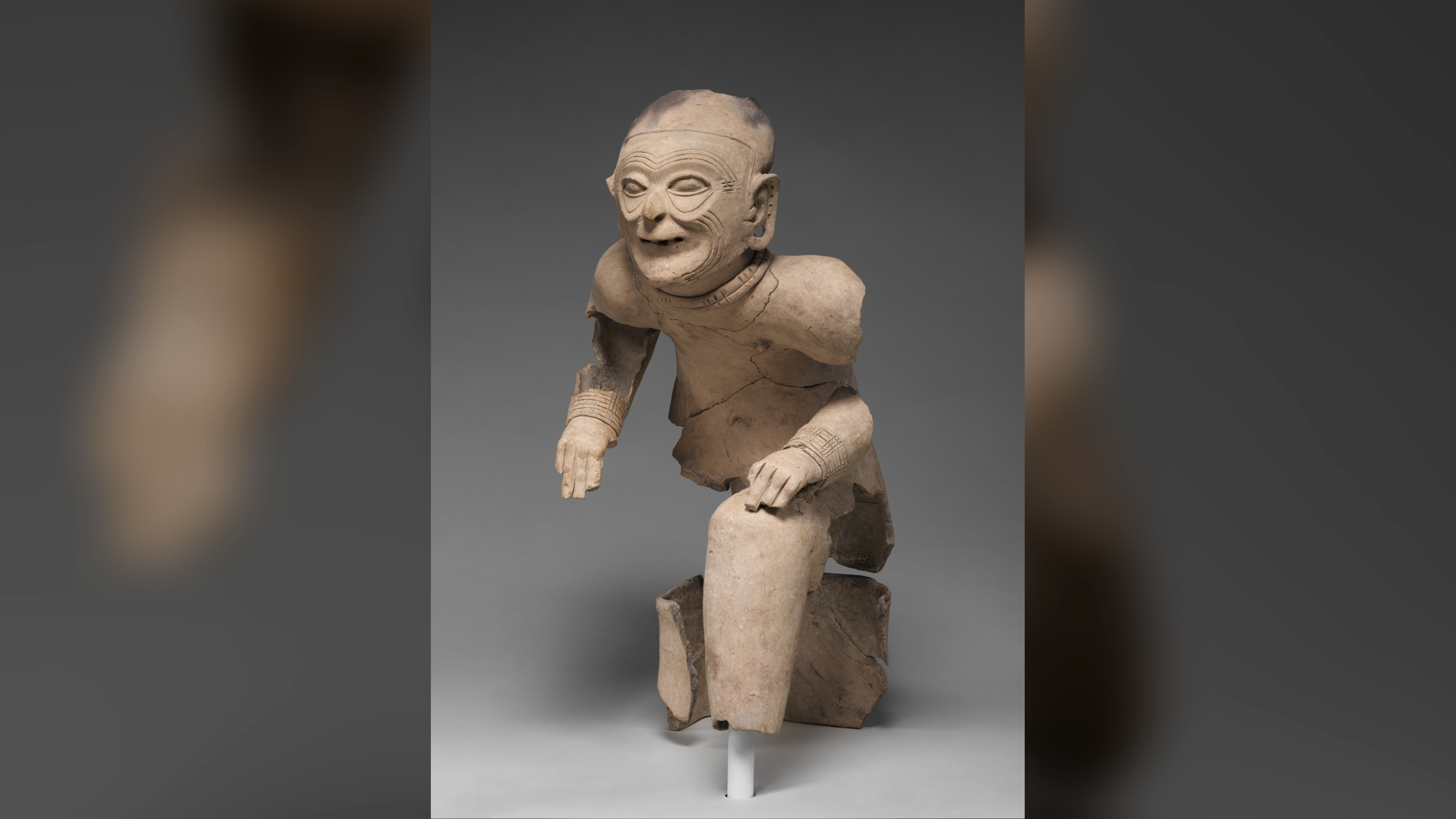Kids Prefer Lucky Peers

Get the world’s most fascinating discoveries delivered straight to your inbox.
You are now subscribed
Your newsletter sign-up was successful
Want to add more newsletters?

Delivered Daily
Daily Newsletter
Sign up for the latest discoveries, groundbreaking research and fascinating breakthroughs that impact you and the wider world direct to your inbox.

Once a week
Life's Little Mysteries
Feed your curiosity with an exclusive mystery every week, solved with science and delivered direct to your inbox before it's seen anywhere else.

Once a week
How It Works
Sign up to our free science & technology newsletter for your weekly fix of fascinating articles, quick quizzes, amazing images, and more

Delivered daily
Space.com Newsletter
Breaking space news, the latest updates on rocket launches, skywatching events and more!

Once a month
Watch This Space
Sign up to our monthly entertainment newsletter to keep up with all our coverage of the latest sci-fi and space movies, tv shows, games and books.

Once a week
Night Sky This Week
Discover this week's must-see night sky events, moon phases, and stunning astrophotos. Sign up for our skywatching newsletter and explore the universe with us!
Join the club
Get full access to premium articles, exclusive features and a growing list of member rewards.
Young children like lucky kids more than the unlucky, according to a new study that hints at one possible reason why social inequality persists.
Researchers at Harvard University and Stanford University presented 32 children, age five to seven, with fictitious kids caught up in four scenarios:
- Intentional good actors (such as a child who helped the teacher)
- Intentional bad actors (such as a child who lied to his or her mother)
- Uncontrollable good events (such as a child who found $5 on the sidewalk)
- Uncontrollable bad events (such as a child whose soccer game got rained out)
The children rated how much they liked each fictitious kid.
On a scale of 1 to 6, they preferred intentional good actors (average score = 5.2) over intentional bad actors (1.7). More interesting, they gave the lucky kids—the beneficiaries of uncontrollable good events—an average score of 4.8, while victims of uncontrollable bad events scored 3.2.
"The discrepancy in opinions of the beneficiaries of good luck versus the victims of bad luck indicates that children prefer fortunate individuals over unfortunate individuals," said Harvard's Kristina Olson, who led the work.
A second test showed the preference for those smiled on by fate applied to groups, too.
"Because the disadvantaged are more likely to experience negative events beyond their control—such as the tendency for the poor to be most impacted by natural disasters—this innocuous preference for the privileged may eventually grow more harmful, further increasing negativity toward the disadvantaged," Olson said. "Such preferences may, in turn, help explain the persistence of social inequality."
Get the world’s most fascinating discoveries delivered straight to your inbox.
The research is detailed in the latest issue of the journal Psychological Science.
 Live Science Plus
Live Science Plus











